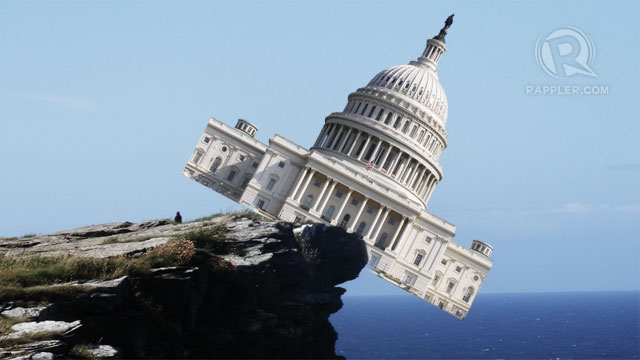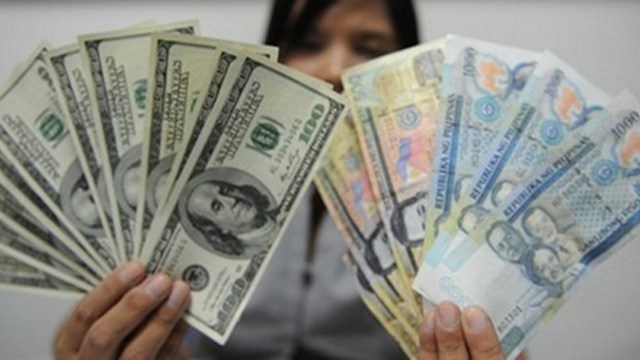SUMMARY
This is AI generated summarization, which may have errors. For context, always refer to the full article.

MANILA, Philippines – Remittances sent to the Philippines by their relatives in the United States may suffer a decline as US President Barack Obama signed into law the American Taxpayers Relief Act.
In a statement, Ibon Foundation Inc said it feared that the new law would force Filipinos in the US to pay 33% more in payroll taxes. This will put a dent on the remittances they send back to their relatives abroad.
Ibon said there are 4 million Filipino-Americans (Fil-Ams) in the US with household incomes averaging $80,000 to $90,000. The average Fil-Am household will pay an additional $1,600 to $1,800 more in taxes — which will be some 33% more than what they were paying before.
“The fiscal cliff deal shows the solutions of capitalist countries to their ongoing crisis reaching their limits. These do not lead to recovery but only aggravate the already dire situation of working people. Workers, migrants and their families carry the brunt of the continuing crisis, as they face slowdown in incomes, reduced benefits, and higher taxes,” Ibon said.

Ibon explained that the new law could affect Philippine remittances from the US where 43% of total overseas Filipino remittances come from. It added that over half or 52% of the remittance inflows in the country come from the US.
The group said, however, this has been falling rapidly in 2009 after the 2008 financial crisis. Remittances from the US currently account for around 42% to 43% of the total.
Ibon said the new law was passed to avert the “fiscal cliff” in the US and will increase payroll taxes by two percentage points.
The fiscal cliff is a term used to describe the challenge faced by the US government when temporary payroll tax cuts and government spending cuts expired in the yearend. The concept of “going over the cliff” indicated a detrimental effect on the already shaky US economy.
“The crisis in the US further highlights the urgency to veer from its overdependence on unsustainable sources of growth such as overseas workers’ remittances and foreign investments,” Ibon said. – Rappler.com
Add a comment
How does this make you feel?
There are no comments yet. Add your comment to start the conversation.